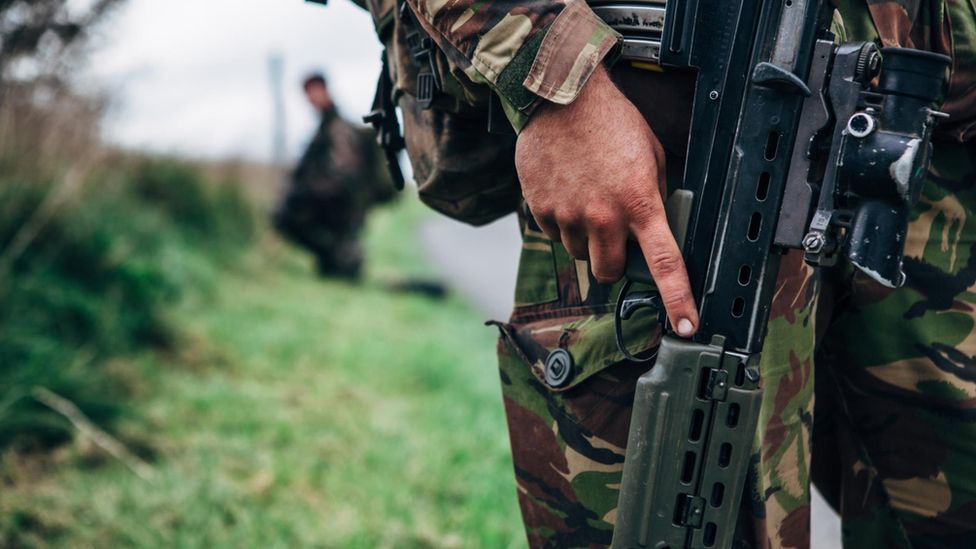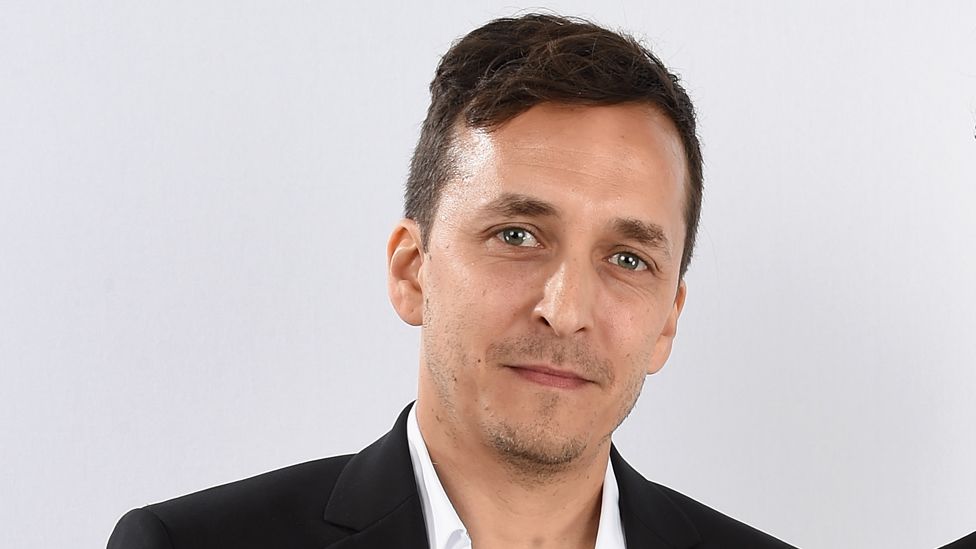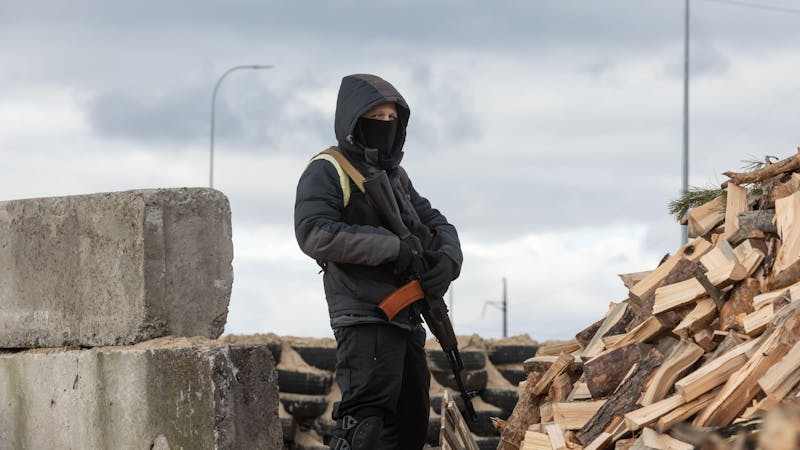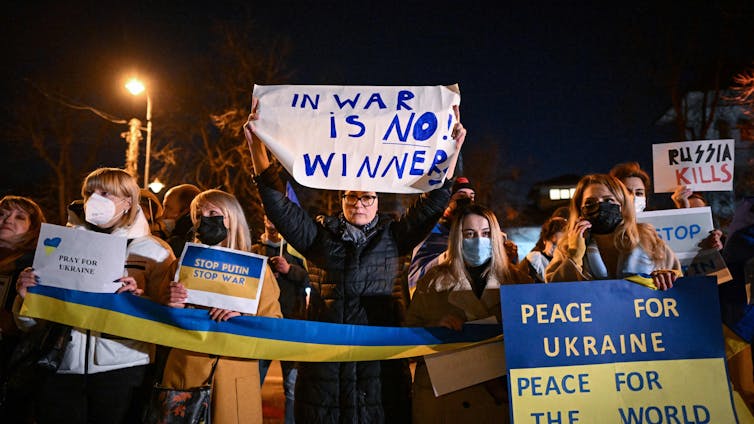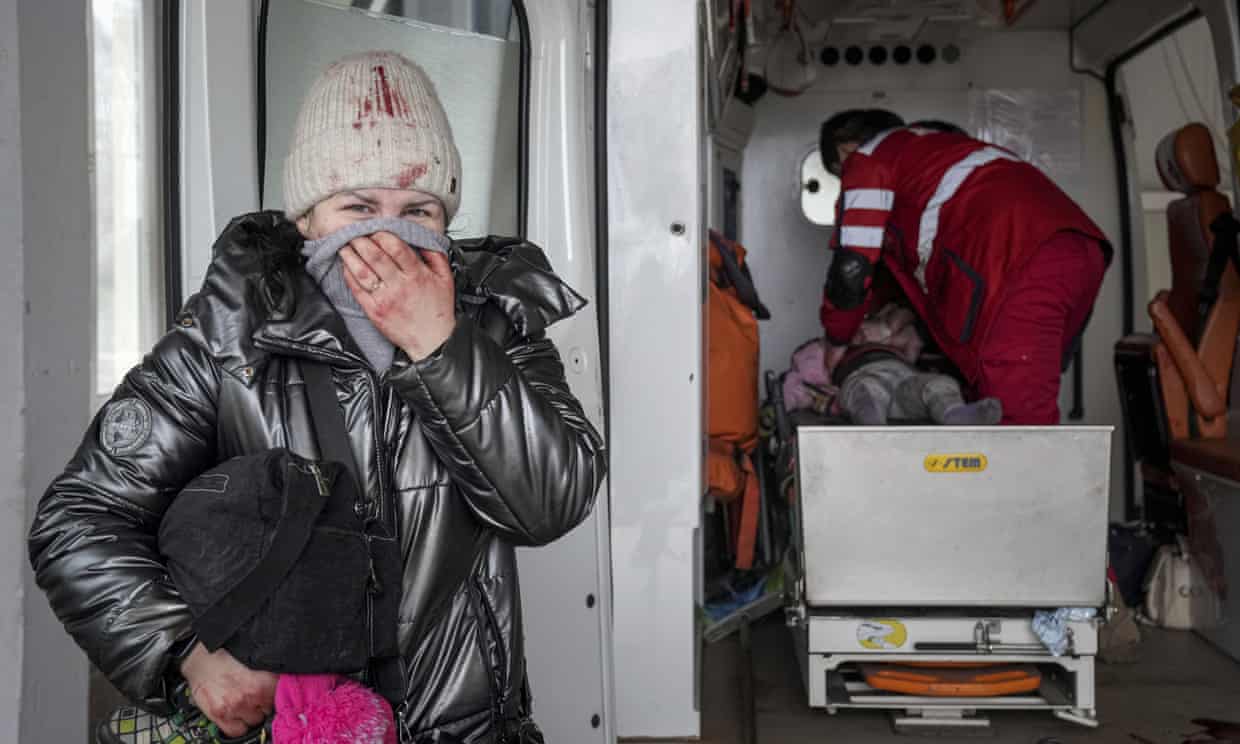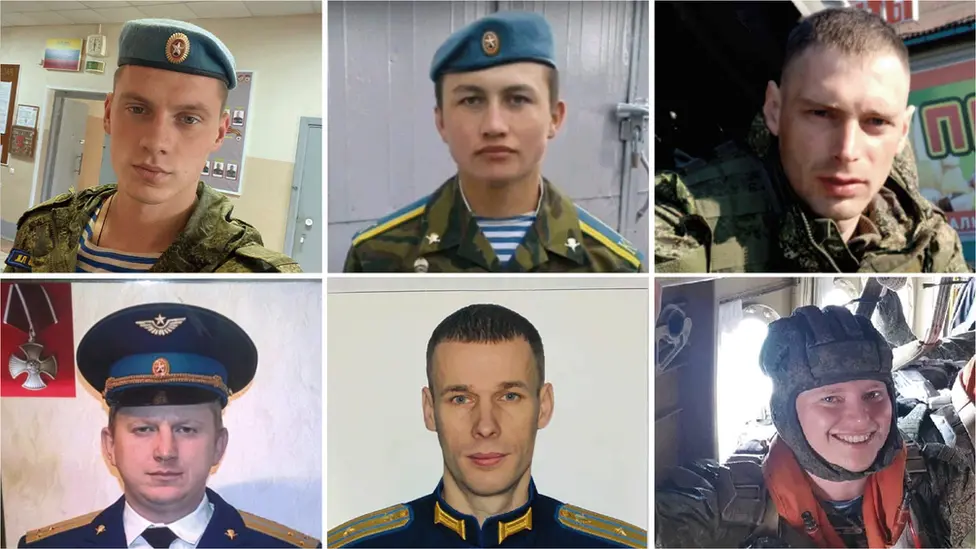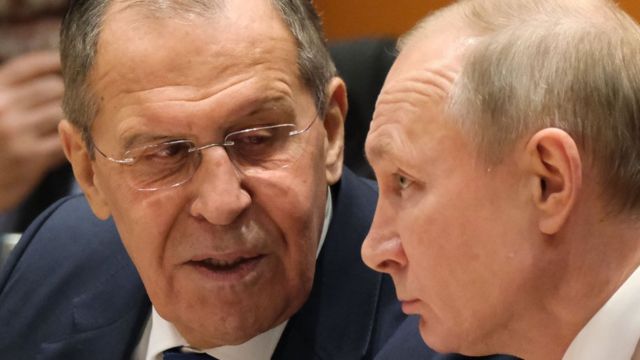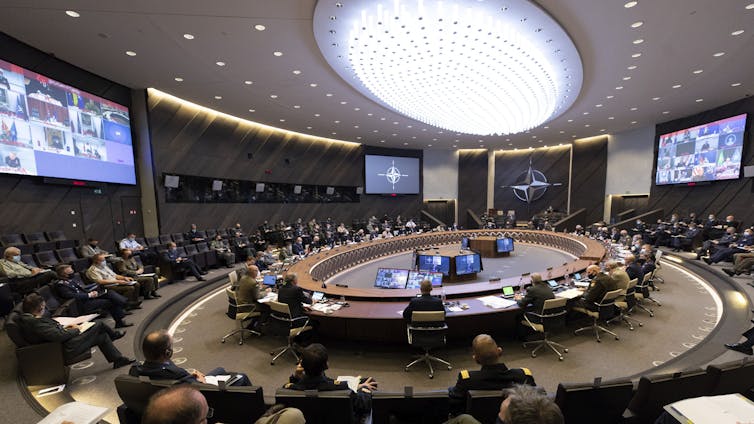
John Davenport, Fordham University
Russian aggression toward Ukraine continues. The nations of the world, and their current alliances, have so far proved ineffective at curbing Russian President Vladimir Putin’s ambitions.
Right now at the United Nations, dictators and theocratic rulers get an equal voice with democratically elected governments. For almost anything urgent or relating to international security to get accomplished, Russia, China, the United Kingdom, France and the U.S. must all agree. Imagine the U.N. without them, and the NATO military alliance expanded across the globe, not dependent on one or two powerful nations to effectively prevent war and build democracy.
How the global community responds to its new challenges may well decide the future of democracy and the cause of human rights in the 21st century. After years analyzing Putin’s rise and the existential threat he poses, former Russian chess grandmaster and human rights advocate Garry Kasparov summed up the situation this way in late 2021: “We can either be the generation that renews democracy, or loses it forever.”
My research finds that new alliances may be needed to replace, or at least expand and support, the familiar ones built to keep global peace in the wake of World War II, when global politics were very different.
That is why in my 2018 book, I suggested that the leading democratic nations all across the world join their economic, military, technological and moral power into “A League of Democracies.” This concept built on ideas from U.S. Sen. John McCain and others such as foreign policy experts Ivo Daalder and James Lindsay.
Developed democracies could work together to effectively counter not only the influence of Russia and China, but also creeping despotism and mass atrocities. This group could discourage military coups, support protest movements demanding democratic rights, prevent new arms races and help developing democracies strengthen their civil services.
Beyond my own proposal, below are three promising new ideas for alliances that have recently emerged to meet the growing power of dictatorships. Imagine, for instance, that more than 40 democratic countries with more than 70% of the world’s economic activity issued a total trade blockade of Russia after Putin invaded Ukraine.
Copenhagen Charter
The Copenhagen Charter was created in 2018 by the Alliance of Democracies Foundation, a nonprofit founded by former Prime Minister of Denmark and NATO Secretary-General Anders Fogh Rasmussen. It is not yet a formal international treaty, but the goal is to create a powerful economic alliance similar to the military alliance that is NATO.
Its members would coordinate international sanctions and aid, using their trade and financial power in the global economy. For instance, its members could collectively respond with tariffs or boycotts if Russia became too dominant in supplying natural gas to Europe, or if China tried to silence Australian critics by cutting off its imports from Australia.
Coalition for a World Security Community
Also founded in 2018, the Coalition for a World Security Community proposes a global military alliance to protect democratic nations from autocratic forces. It would include Asian democracies like South Korea, Australia and India that are not yet part of any major multinational security agreements.
One step in this direction is the Quadrilateral Security Dialogue between the U.S., Japan, India and South Korea. It was established in 2007 by Japanese Prime Minister Shinzo Abe in response to China’s economic and military rise, and could help deter a Chinese invasion of Taiwan.
An Alliance of Free Nations
The Copenhagen Charter and the World Security Community ideas have been combined by political scientists Ash Jain and Matthew Kroenig at the Atlantic Council, a nonprofit policy think tank in Washington. They propose extending mutual protection among democracies through an “Alliance of Free Nations.”
This group would be a formal institution linking Western democracies with democratic allies in South America and Asia. It would replace temporary coalitions that gather only to deal with a single crisis, such as the Western nations that tried to negotiate with Putin before his invasion of Ukraine.
Jain and Kroenig suggest starting this alliance by adding to the seven major industrialized democracies, who now meet as the Group of Seven, often called the “G-7.” Adding South Korea, India and Australia could turn this group into a “Democratic 10,” perhaps with the Philippines and Brazil as guests or observers at meetings. Ultimately, this group would be open to all the nations who support key democratic principles, like basic human rights, independent courts and free multi-party elections.
U.S. President Joe Biden’s Summit for Democracy in December 2021 invited those nations and others to support democratic systems around the world. A second summit is expected in late 2022.
[More than 150,000 readers get one of The Conversation’s informative newsletters. Join the list today.]
John Davenport, Professor of Philosophy and Peace & Justice Studies, Fordham University
